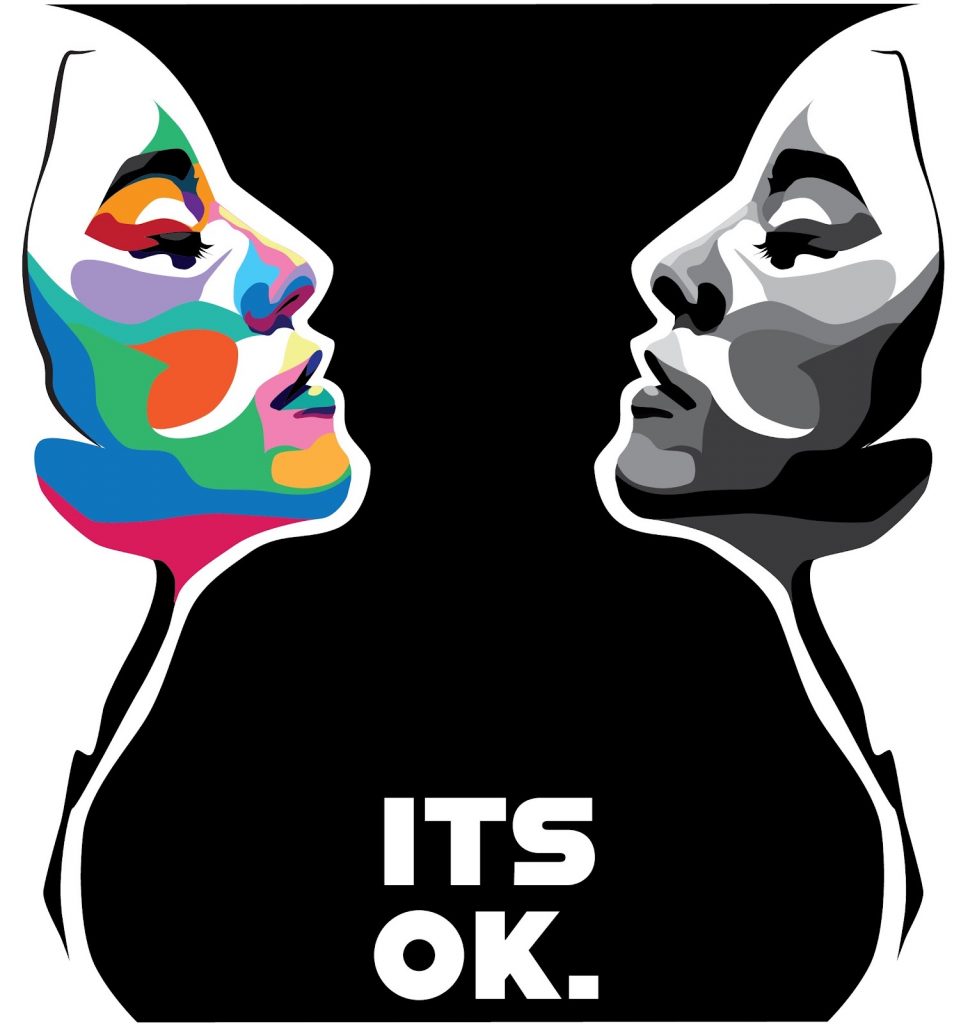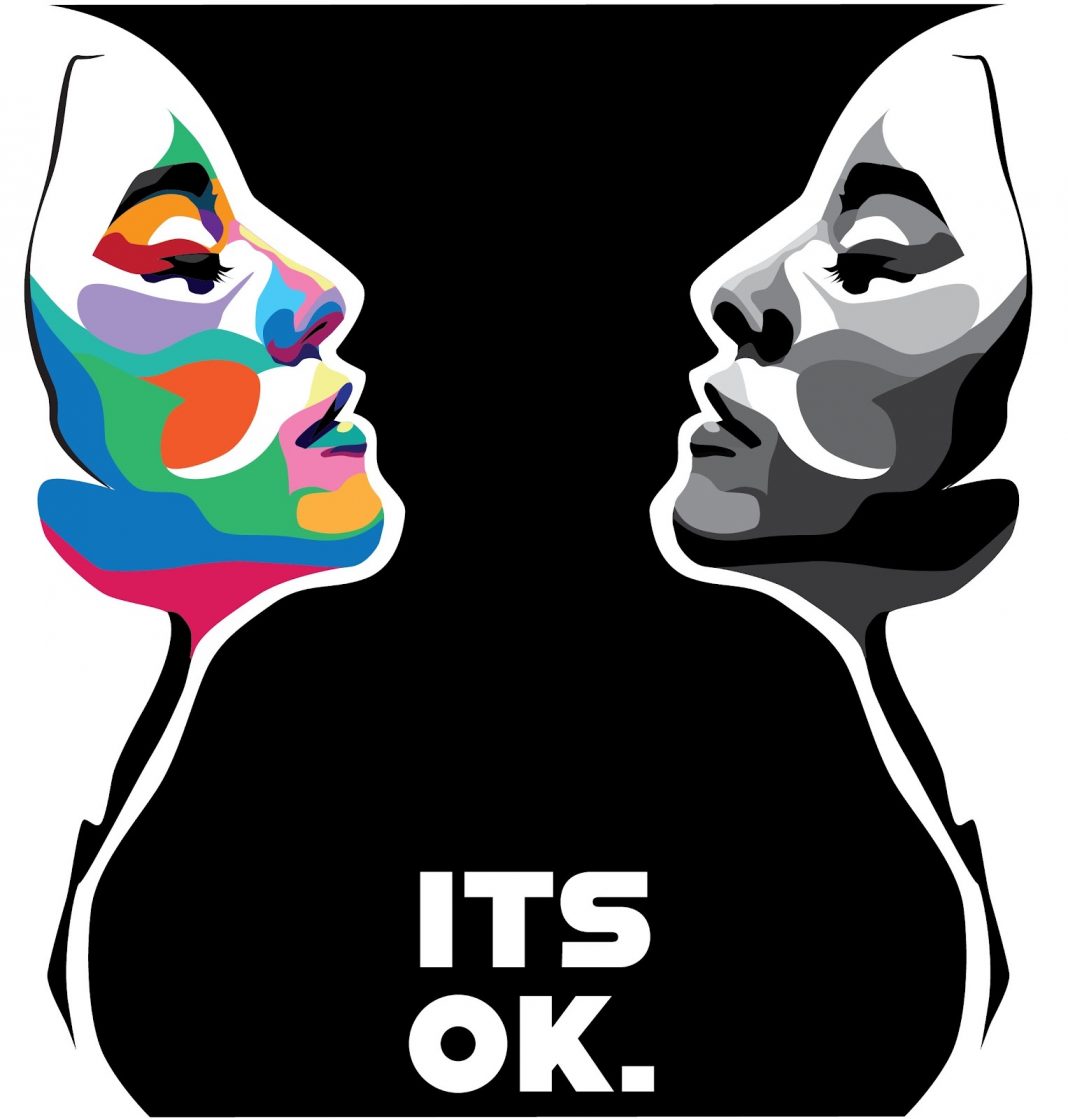
In recent years, the negative social stigma around mental health treatment has decreased substantially. Viral Twitter threads beginning with “my therapist told me” and apps like Better Help, an online platform that matches patients with therapists based on insurance, are making their way into the mainstream. But the language around therapy is still bathed in a negative light even with progress having been made. The “you need therapy” insult tossed around on social media platforms and conversation circles alike isn’t doing any favors to its reputation.
According to Mental Health America, more than 50 million Americans reported dealing with mental health issues in 2022. With a number that large, treatment should be widespread, economically available and actively celebrated. Instead, it is weaponized through the false narrative that individuals who take advantage of these resources are bad or crazy.
Not only is this mentality detrimental to individuals currently in therapy, but it further stigmatizes the idea of getting help so those who are struggling may not even see it as an option.
Ben Doss, a University of Miami psychology professor and researcher, explained why the stigma of mental health is so pervasive even after years of progress.
“Some of the origin is this idea of mental health being a personal weakness. That people with mental health issues have gotten stuck or are somehow weak for not being able to handle the situation,” Doss said.
The “get over it” rhetoric continues to invalidate the plight of mental health issues so that no real progress towards acceptance can be made. Imagine if we treated physical ailments the same way we treat mental ones? Doss explained the double standard in the attitude towards physical versus mental health concerns.
“If I stand up and my knee isn’t working,” Doss said, “that doesn’t feel like a personal failure or like I’m not strong enough. But that [philosophy] still exists for mental health. We think ‘if I were tougher or more persistent I could get past this’ because we want to get through it on our own.”
Thus, the snowball effect occurs: a small, previously ignored problem gets bigger and bigger, until it’s almost too big to stop. This is why it’s important to debunk the myth that therapy is only for people in crisis. Asking for help is not weak; it’s smart. At some point or another, everyone has had some form of mental or emotional struggle. It’s a natural fact.
Emotions are universal — the equalizer among humans, reminding us all that we are all capable of feelings like sadness, anger, frustration, regret and loss. While these negative feelings are usually shoved aside in favor of more positive ones, it may actually be beneficial to understand and explore those feelings a bit more.
The University of Miami Counseling Center is a great resource for student wellness needs.
According to their website, “any undergraduate or graduate/law/medical student who is currently enrolled at the UM and has paid the Health Center and Counseling Center Fee is eligible for an assessment at the Counseling Center.”
They offer a variety of counseling formats including one-on-one sessions with a licensed counselor, group counseling and psychiatric services — all of which is entirely confidential. Students will also find many self-help based resources like meditation apps, guides for emotional wellness and mental health assessment exams.
There should be no social barrier to overcome when it comes to treating mental health concerns, regardless of the severity. The change in conversation around therapy starts with realizing there’s strength in vulnerability, just as there’s beauty in self-acceptance.
So no, you don’t need therapy because there’s something wrong with you or because you’re crazy. You need therapy because you’re a complex person trying to make sense of a complex world and it’s okay to ask for a little help sometimes.
Melody Muniz is a senior from Miami, Fla. majoring in creative writing and double minoring in dance and communications.







